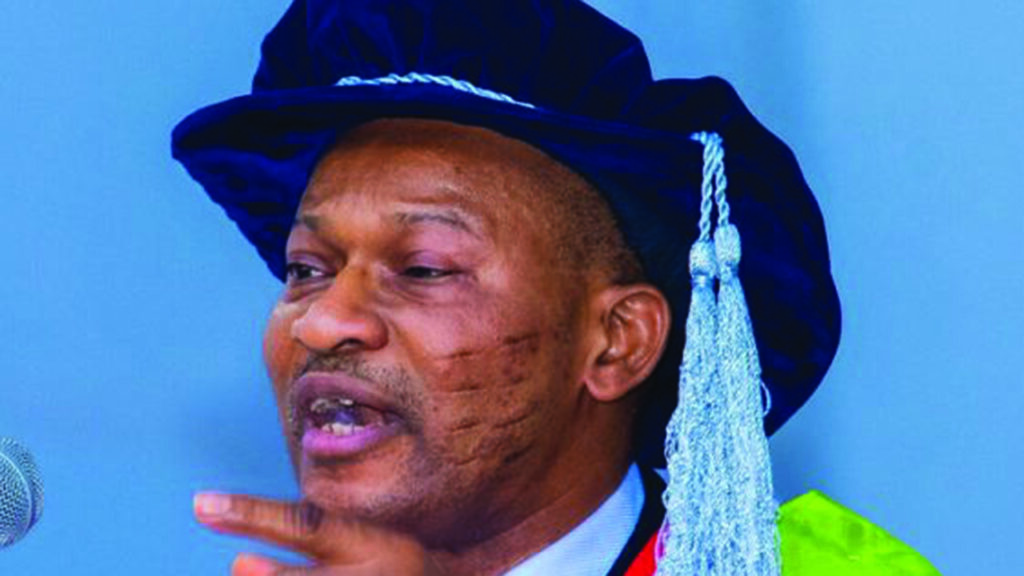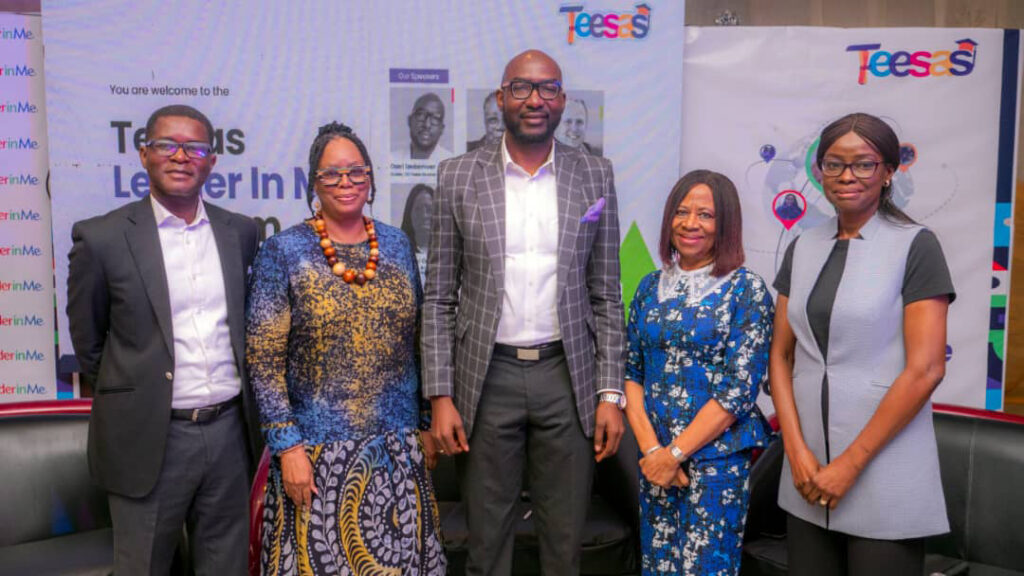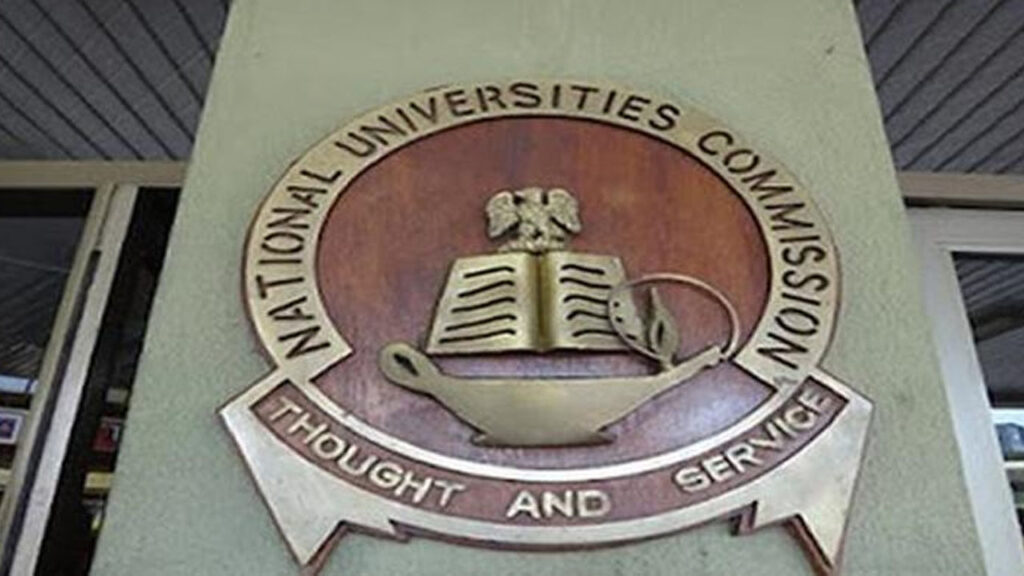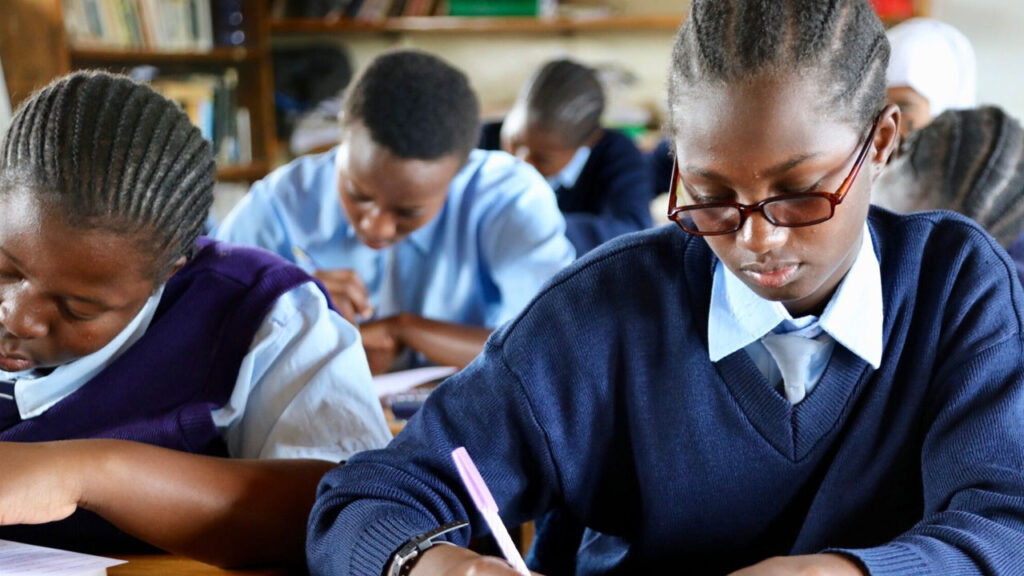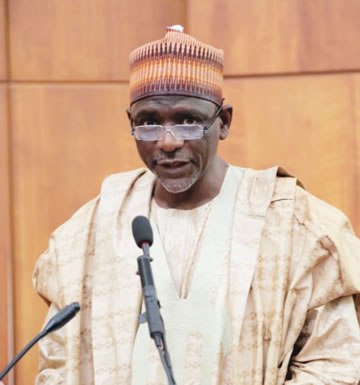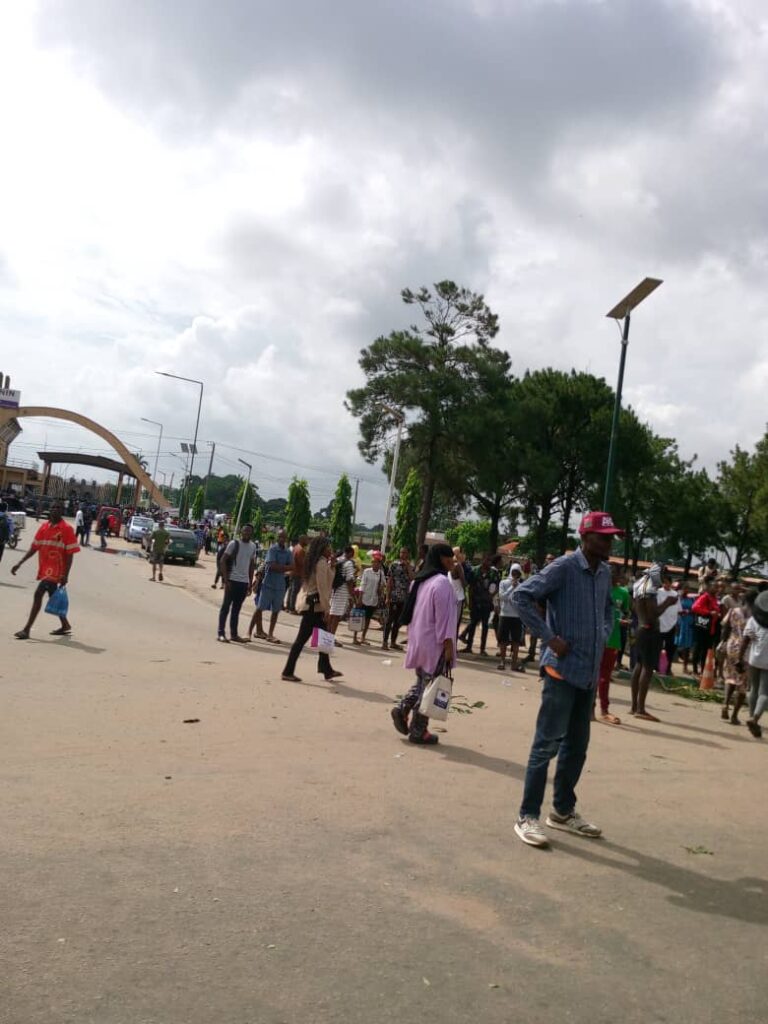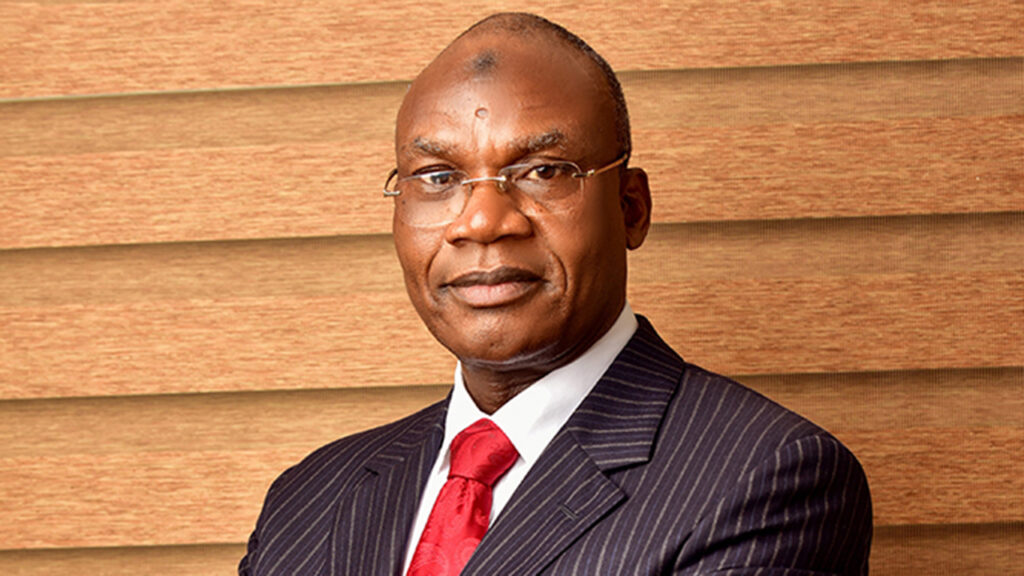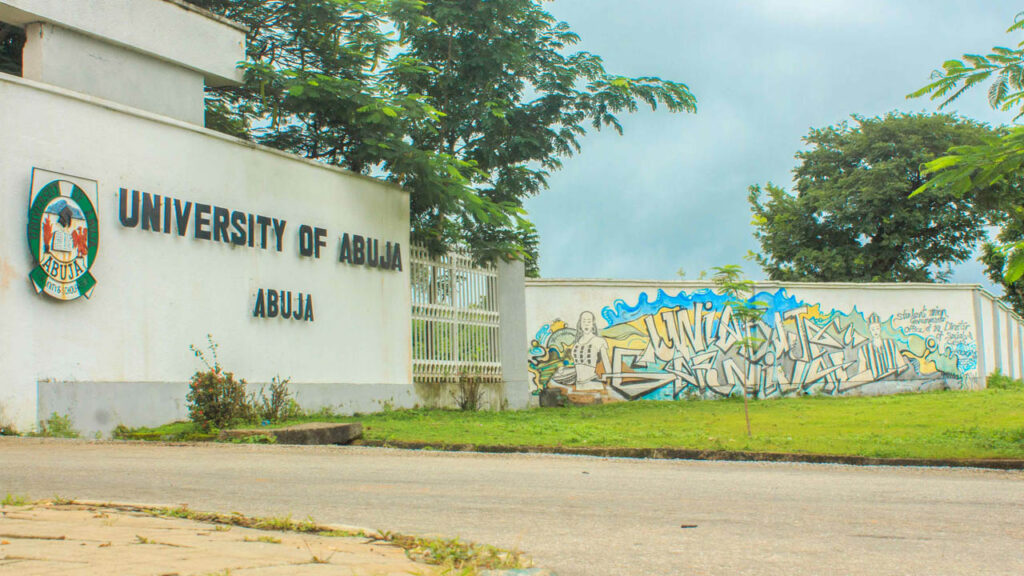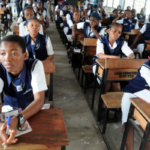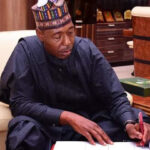
The Teachers Registration Council of Nigeria (TRCN) has declared about 70 per cent of teachers in the Southwest region not qualified. This again has brought to the fore issues of professionalism and certification of teachers, writes IYABO LAWAL.
Stakeholders in the education sector are worried by the Teachers Registration Council of Nigeria’s (TRCN) claim that 70 per cent of private school teachers in the southwest are unqualified.
TRCN Registrar, Prof. Olusegun Ajiboye, said based on the report of a survey conducted in the zone, it was observed that 70 per cent of teachers in the Southwest are not qualified.
“Many teachers in private schools in Nigeria today are also not qualified. Unqualified teachers are not only cheating pupils and students; they are cheating the education system in its entirety,” Ajiboye said.
Stakeholders noted that the recruitment of unqualified teachers has been a persistent and age-long problem affecting students’ learning. They wondered why the government who made the Nigerian Certificate of Education (NCE) the minimum requirement for entry into the teaching profession has been guilty of recruiting the said unqualified
teachers into the education system.
They also blamed the development on inability of some teachers to undergo training or get certified, while others blamed school owners who are out to maximise profit, and would rather go for secondary school leavers.
A former principal, Mr. Ademola Okunade, lamented that the country’s educational system lacks proper monitoring and effective supervision by states’ Ministries of Education.
This, he noted, is responsible for the employment of unqualified teachers in private schools in the zone. A Guidance and Counseling lecturer at Adekunle Ajasin University, Akungba Akoko (AAUA), Dr. Florence Ojewola, noted that many private schools in the Southwest are not willing to pay qualified teachers, hence, employ quacks to
teach and pay them meagre salaries.
She added that even the qualified ones need to be better remunerated as some with university degrees earn N15, 000 monthly.
“The issue of non-supervision from the ministry gives private schools free hands. No effective supervision or monitoring, anybody can wake up and establish a school.
“Also, people that are expected to go for supervision are not adequately prepared, they complain of no vehicles for their trips to monitor schools. For instance, if those in Akure were asked to monitor a school in Ikare, how easy would it be for them without a vehicle? Instead of them doing an on-the-spot assessment, they just rely on the information given by the school proprietor,” she added.
To make progress in the teaching profession, Ojewola recommended that there should be proper monitoring and effective supervision of educational programmes of private schools in all the southwest states in the country.
She concluded that proper criteria that required a teacher to be registered with the TRCN should be laid down in private schools.
“Before anybody can be employed to teach as a teacher, there are some criteria that they should be registered with the TRCN but in private schools, none will ask for such and it must be made mandatory,” she concluded.
Similarly, Dr. Akintola Olaitan, a school owner, said lack of qualification is just one component of the travails of teachers.
According to him, a large number of teachers in Nigeria have never been exposed to training and are using outdated pedagogical equipment.
“Part of what makes Ajiboye’s revelation particularly scary is that he was referring to teachers in private schools where, at least in theory, the quality of instruction and teaching facilities is superior to what obtains in public schools. If 70 per cent of teachers in private schools lack the basic qualifications, what should be expected from public schools?
Similarly, the Nigeria Union of Teachers (NUT), said the failure of some teachers to undergo training or acquire a degree or professional certificate in teaching makes them unqualified.
NUT chairman in Lagos State, Mr Akintoye Hassan, also noted that most of the private schools operate in unconducive environments, hence, are unable to employ professional teachers.
He noted that most private schools are established to maximise profit and minimise cost, and in the process, owners fail to employ qualified teachers.
“The truth of the matter is, how many private schools can afford to pay teachers? That is why these schools would always try to go for unqualified teachers because they want to maximise profit. That is why you would see a school certificate holder with no five credits teaching.
“Students who are taught by these unqualified teachers face under- performance, being unable to meet academic potentials or compete in the labour market.
“Starting from the admission process, they cannot compete in meeting the minimum basis in tertiary institutions within the country and beyond. That means the beginning of their poor output in terms of academic capacity and of course, in their ability to secure fulfilling jobs,” Akintoye said.
A principal in one of the public schools, who pleaded anonymity, said the impact unqualified teachers leave in the lives of pupils affects their future and all round performance.
According to her, the problem of unqualified teachers in private schools is affecting the results of all examinations.
“For instance, she queried how a school certificate holder can be teaching Senior Secondary school (SS3) students, and expects to see impressive results.
“If government would impose mandatory employment of qualified teachers in private schools, it would go a long way in stopping the problem of poor performances in examinations,” she stated.
On his part, an educationist and registered teacher, Dr. Joshua Akinrefon, blamed the development on the cancellation of Teachers Training College (TTC) system in Nigeria, saying it was the only place to acquire the basic ingredients to become a teacher.
Akinrefon said it was wrong for the Federal Government to have phased out TTC. National President, National Parents Teachers Association of Nigeria (NAPTAN), Haruna Danjuma said while private schools engage some Ordinary National Diploma (OND) and school certificate holders if they are experienced and mature.
He, however, stated that those teachers should equip themselves by registering and certified by TRCN, or obtain a Postgraduate diploma in education.
President Association for Formidable Educational Development (AFED), Mr. Orji Kanu said the group is in talks with TRCN to ensure teachers in low cost private schools are qualified by getting the TRCN certificate.
He said: “I commend TRCN for regulating the teaching profession, but we must not make an issue with those teaching in private schools who are not qualified. They don’t want to steal; hence, they’re working. That is not to say they should be left to continue teaching without a professional certificate.
“When we talk about qualification, we should not measure it by results. In Nigeria, we are too certificate conscious, and on that note, people who have power and strength and competency are relegated to the background as if they do not matter.
“There was a research in 2007, which revealed a lot of things. We observed that the result of that research showed that teachers in public schools who are qualified with documents and certificates could not actually produce students with good learning outcomes, compared to those who were teaching in low cost private schools, whose learning outcomes were higher.
“So, in this case, we are first human before becoming teachers, so, what should happen is for the government to look for a way to assist teachers who are yet to be professionals but already in the system, to be certified.
“Teaching is a passion, when we were in secondary school, we were teaching some of our classmates and delivering better than some of our teachers, the only thing we need to do in this instance is to encourage those people to develop themselves and acquire the necessary certification.
“What is key at this point is for us to think of how to solve our problems as a people, we need to sit down and manage whatever resources are on the table to achieve results.”
Before now, Kanu said AFED had met with TRCN on what to do, while it is also collaborating with University of Lagos and University of Buckingham on training teachers and raising their competency level.
Addressing the problem
Stakeholders have tasked government and education bodies to step up measures of checkmating the trend in the private schools.
Akinrefon pointed out that in registering a private school, part of the requirements is the qualifications of teachers to be employed.
“The Ministry of Education should not stop at just asking them to submit the qualifications of their teachers, they should go ahead to visit the schools.
“The question is, if a school is approved, do officers in charge visit the school?
He added that going through training as an educationist is not enough to make one a teacher without the professional examination.
“It’s just like a lawyer graduating from university, but didn’t go to law school. Such people cannot practice. You cannot be called a teacher with just a college of education certificate, NCE or bachelors in education, you are not a qualified teacher yet. You have to go through TRCN and write the professional examination. That is what will qualify you as a teacher.
Education Adviser, Foreign Commonwealth and Development Office (FCDO), Dr. Mikailu Ibrahim, noted that regardless of the claim of 70 per cent teachers in private schools being unqualified, some of them are up to task.
He said: “Private schools are of different categories. We have British, American schools, which definitely at that level, cannot have unqualified teachers. There is also a category of private schools in Nigeria, which are low cost schools. These ones are likely to have unqualified teachers.
“In Lagos in particular, from 2015 to 2018, the British government’s aid unit conducted a programme to identify and support low cost private schools. And it found that out of about 12,000 schools identified in Lagos, only 4,000 were registered and recognised by the government. If you look at this, it means that there are two times more unregistered schools than those that are registered.
But parents don’t know if these schools are registered or not. Most of these schools are likely very low in resources and capacity of their teachers. Most of these schools don’t train their teachers, because they believe when they train them, the teachers move from one school to another,” Ibrahim said.

